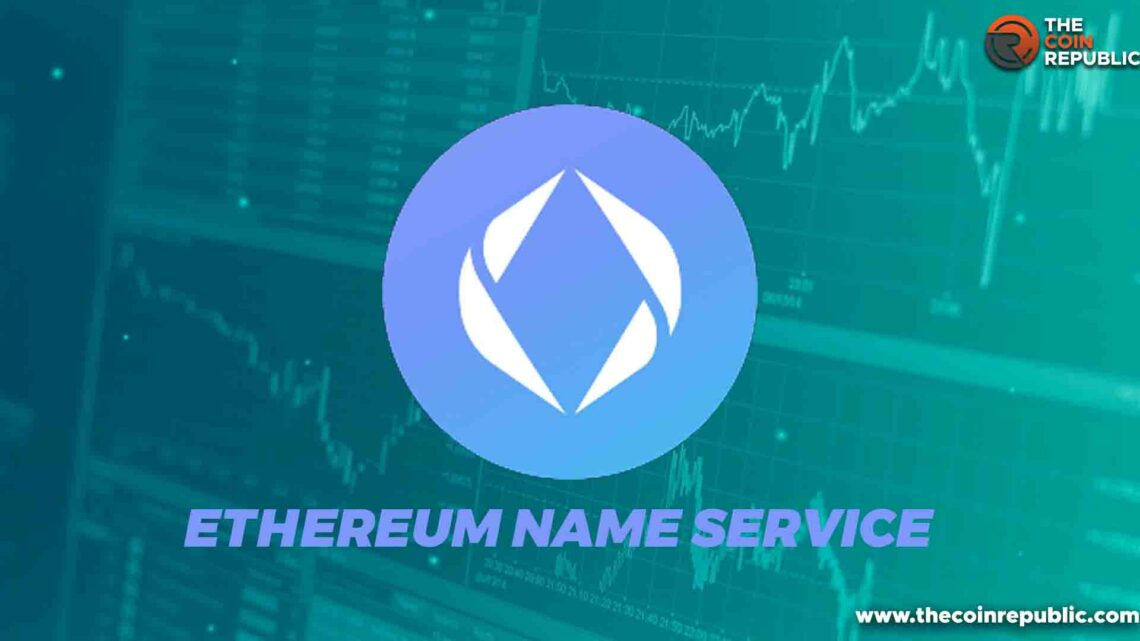Five altcoin projects, including Oasis and Yuga Labs, will release $167 million in locked tokens into their projects’ supplies this week, which could lead to major selloffs.
BitDAO (BIT), ApeCoin ($APE), 1inch ($1INCH), Oasis Network ($ROSE), and ImmutableX ($IMX) will release 420 million tokens to their respective token supply in the market.
ApeCoin, $ROSE, and $IMX Will Likely See Price Movements
ApeCoin, issued by ApeDAO, will release about $91 million of $APE on May 17, while decentralized exchange aggregator 1inch will unlock about 21,000 $1INCH tokens worth about $8,891 on May 18.
Oasis Network, which runs a consensus and ParaTime layer to increase transaction throughput, will release almost 200,000,000 $ROSE tokens on May 19.
Web3 gaming platform ImmutableX will add 18 million tokens to its circulating supply on Thursday, worth roughly $13.6 million at press time.
The effect of token unlocks depends on the contribution of the unlocked tokens to the number of assets in circulation.
Yesterday, BitDAO unlocked 187,499,999.36 tokens, about 2% of the total supply. This token release caused the token price to rise from below $0.50 to above $0.52, suggesting high demand for the token.

Before unlocks, traders usually sell crypto anticipating a major supply shock, causing its price to drop. A price increase points to demand that counteracts the increased supply.
ApeCoin’s release will contribute 1.56% to the token’s intended supply, while Oasis Network will add almost 2% to the total supply. ImmutableX will see 0.9% of the $IMX supply added to the circulating supply.
These tokens will likely see more pronounced price movement than the $1INCH unlock, which only contributes 0.001% of the supply.
$APE’s price fell to $3.42 at press time after peaking at $3.46 at 9:35 p.m. Eastern Time as investors brace for tomorrow’s unlock.
Scheduled Unlocks Balance Supply and Demand
Crypto projects release tokens according to vesting schedules determined by the project team at its inception. The projects release tokens for different participants, including early investors and members of their decentralized autonomous organizations.
If timed correctly, vesting schedules can tightly control an asset’s supply and demand and ensure its price stability.
Like stock vesting schedules in traditional finance, token unlocks reward long-term backers. Token holders eligible for an unlock cannot access their tokens before the scheduled release date. Projects lock tokens for an average of about 1-5 years.
Vesting schedules assure investors that the project’s founders will not execute a rug pull and leave them with nothing.
For BeInCrypto’s latest Bitcoin (BTC) analysis, click here.
 beincrypto.com
beincrypto.com
